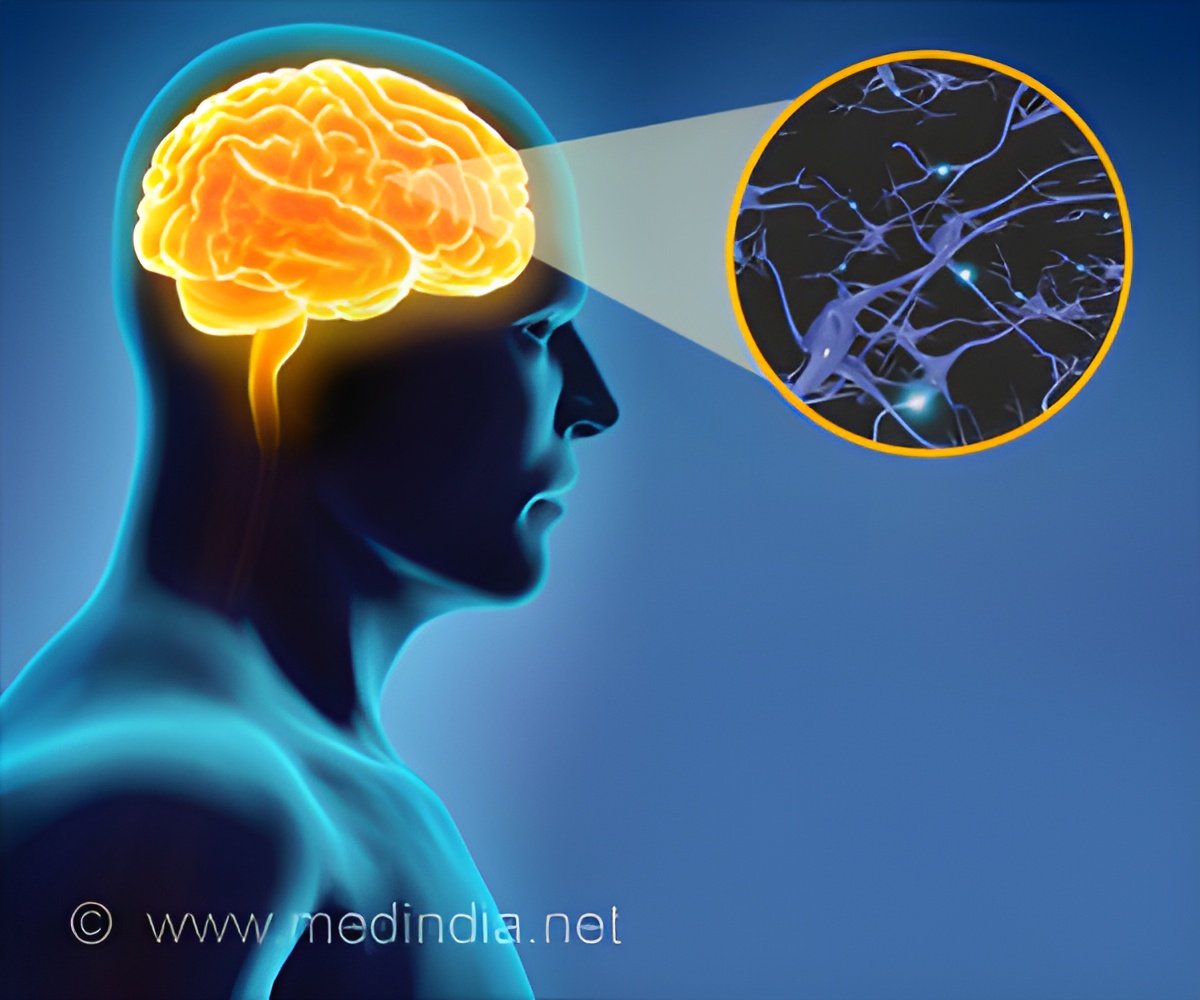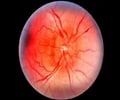Autophagy is a self-digestion process that can destroy its own components and a newly identified protein involved in the process was identified.

‘Autophagy protein ATG5 in certain immune cells induce an immune response in the central nervous system to cause multiple sclerosis.’





Autoimmune diseases arise from an abnormal immune response to a normal body part such as the central nervous system in patients with multiple sclerosis. No autoimmune reaction without autophagy proteins
Led by Jan Lünemann from the Institute of Experimental Immunology at the University of Zurich, a team of neuroimmunologists has now found evidence for another aspect of this cellular "self-digestion": Autophagy proteins are responsible for triggering autoimmune processes in a mouse model of multiple sclerosis.
Upon genetically switching off the autophagy protein ATG5 in certain immune cells, the research team observed significantly lower levels of pathological T cells in the central nervous system of the mice. As a consequence, the animals failed to develop inflammation in the brain and spinal cord comparable with inflammation that develops in multiple sclerosis.
Immune cells target nerve cells
Advertisement
In multiple sclerosis - one of the most common autoimmune diseases - T cells attack the myelin sheaths of the body's own nerve fibers. The immune cells are activated as soon as they come into contact with antigen-presenting cells. Dendritic cells are responsible for antigen presentation.
The team plans to use the latest findings as a basis for investigating tissue samples of patients suffering from multiple sclerosis to find out whether autophagy is particularly active in certain immune cells. "In the long run, we want to see whether these new immunopathology findings can be used to develop new treatments for multiple sclerosis," says Jan Lünemann.
Source-Eurekalert













